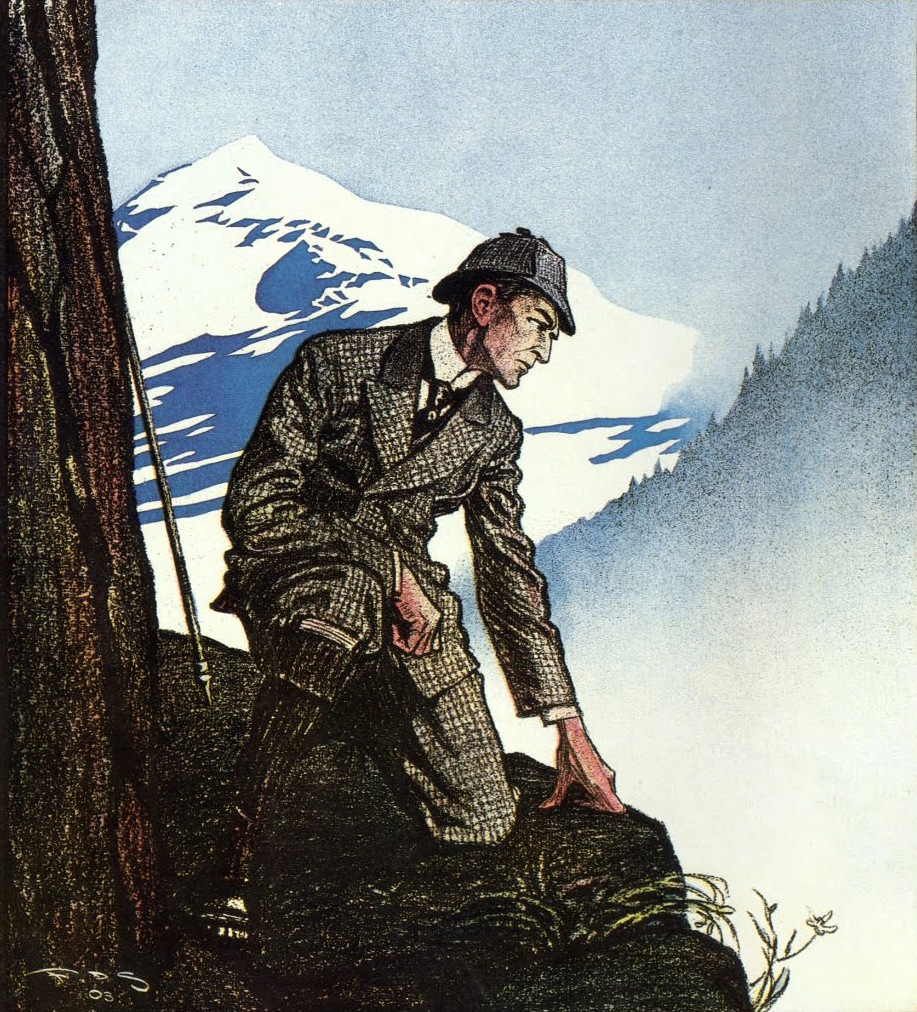What writers and readers really want, I think, are characters that are real. Writing someone who is always strong and always right is exhausting, and readers who have to read about those people quickly lose their motivation to continue with their story (at least, this reader does).
In The Smartest Girl in the Room, Emily does a couple of things for her friends that you might expect a man her age to do. I didn't put that in to make her "strong", and some people are going to question to what extent it shows she's courageous. It shows she's willing to take risks, but (spoiler alert?) that's one of the questions I'm asking in the book: at what point is a risk brave, and at what point is it foolish? Perhaps as a corollary, does the former make you "strong" and the latter make you "weak"? More to the point, does being weak on occasion mean that you aren't allowed likable or readable?
Gosh, I hope not, because I'm going to keep writing about people who try, sometimes fail, but never give up. If that's strong, swell, but I prefer to call it "human".
 |
| "Whether I'm strong or weak is irrelevant to whether I can solve this case- which of course I can." |

Good post.
ReplyDeleteI like 'real' characters with bad personality traits as well as good ones.
With 'brave' and 'foolish', I think (and this is my opinion) when you're brave you've got away with whatever you did to make you 'brave', but if you did something 'foolish' you failed big time and have people say 'I told you so'. lol
That makes Emily brave. :) She was a good solid character with real human flaws.
LOL. And I agree- success does tend to define bravery vs. foolishness.
DeleteI am really tired of people demanding that heroines be perfect, never feel pain or make mistakes, and behave like men. I've had some awful reviews recently from people who hate my Bridget Jones type character because she makes bad choices sometimes and can get distracted from important stuff by things like shoes (which always end up being an important clue.) Why is it OK for Sherlock Holmes to be self-absorbed to the point of pathology, but if a female sleuth does something that seems myopic, she's a bad person and it's a terrible book? I'm getting so much of this, there has to be a large segment of the population that only wants to read books about superwomen. My sleuth always gets the bad guy, but she does it in a quirky, funny, very human way. Thanks for this post!
ReplyDeleteAnne, I'm so sorry about that. FWIW, *this* reader doesn't. I just finished a mystery yesterday in fact that featured a brilliant but flawed detective. Her imperfections made the mystery itself more compelling as far as I'm concerned. My gut says that there are plenty of readers out there just like me who really want to read about your imperfect but savvy detective!
Delete